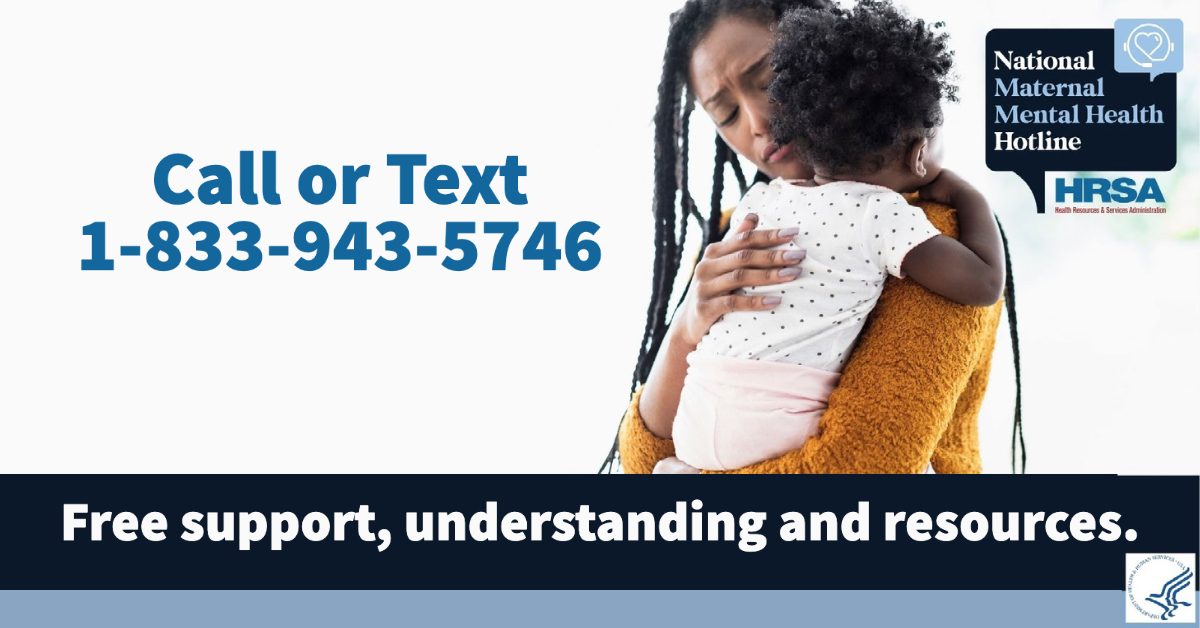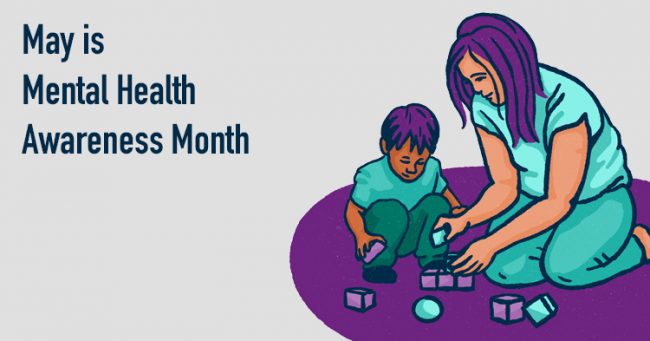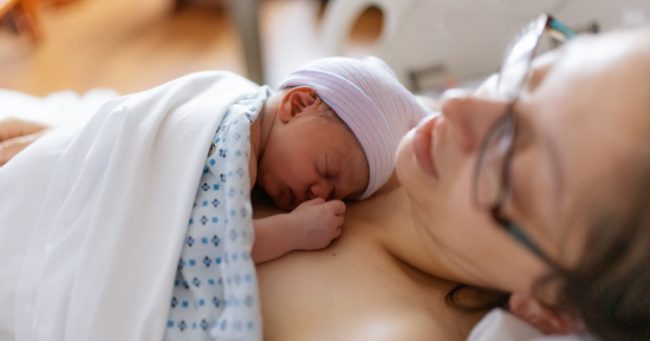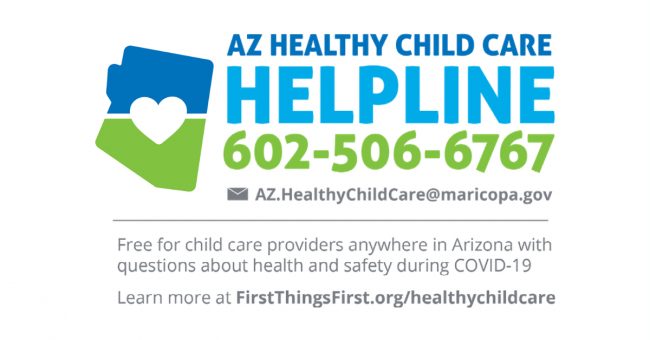
Back when Catrina Popelier was working as a nurse, she would see it frequently. A mother filled with anxiety and panic after having her baby.
“I had one mom getting up five times in the night to check if the baby was breathing. That is not okay,” said Popelier, who is now the children’s health program director for First Things First, Arizona’s early childhood agency. “I had a mom who was so anxious after she was told she shouldn’t be drinking milk that she stopped eating altogether. Sometimes new moms have all these upsetting thoughts that they can’t get out of their mind and they have no idea who to go to.”
A new national hotline provides free, confidential support, resources and referrals to any pregnant and postpartum mother facing mental health challenges and their loved ones. The National Maternal Mental Health Hotline service is available via phone and text in English or Spanish. Pregnant and postpartum moms and their partners can call or text 1-833-943-5746 to connect with counselors 24/7.
“I love this because it’s a warm handoff,” Popelier said. “These are trained providers who can provide connections to local resources.”
There’s a stigma around mental health and new mothers, Popelier said.
“Sometimes mothers are told, ‘Oh, you’re postpartum. You’ll get over it.’ Or ‘It’s all in your head. You’ll be fine,’” she said. “But more mothers need to know that it’s ok to help your brain in the same way you’d treat a sore throat. Mental health is just as important as treating diabetes or a bout of pneumonia.”
Sometimes moms will have bad thoughts about hurting themselves or their baby. Around a quarter of new moms will develop depression and anxiety, Popelier said.
“The highest time for a mother to contemplate and commit suicide is around the birth of a child,” she said. “New mothers are thinking, ‘How can I think this about my baby? I should be happy. I can’t tell anyone that I’m miserable or that I don’t like my baby.’ They know it’s not right and they get so scared of having someone take away their baby. Not many moms out there begin motherhood thinking, ‘I’m going to be a bad mom.’ Everyone wants to be a good mom. How can we empower these women to be good moms?”
The hotline is a push in the right direction to normalize mental health. Sometimes moms have previously been prone to mental health challenges, and they are aware of it. But sometimes, it can be scarier for mothers who have never experienced mental health challenges previously. For example, some moms worry that they might hurt themselves or their baby.
“I worked with one mom who said she couldn’t give her baby a bath, because she thought she might drown her baby,” Popelier said. “Those horrible thoughts went away after she got help. But so many times, they don’t know where to go for help.”
The hotline, which is funded by the Health Resources & Services Administration, will put mothers or families in touch with someone who will ask the right questions.
“If it’s something that continues for more than a couple of weeks — anger, sadness, guilt, lack of interest in the baby, thoughts of hopelessness,” Popelier said. “Thoughts that they can’t stop having, that’s the time to reach out for help.”
The hotline will also be helpful to early childhood providers, who sometimes are on the frontlines of working with families with a new baby.
“Many times, providers like home visitors have to help manage the fallout of whatever happens to our families,” Popelier said. “It’s really important that we’re able to share new information to help with this mental health crisis that has always been there. Everyone needs to be talking about it because everyone needs to be able to link these women to vital resources.”





